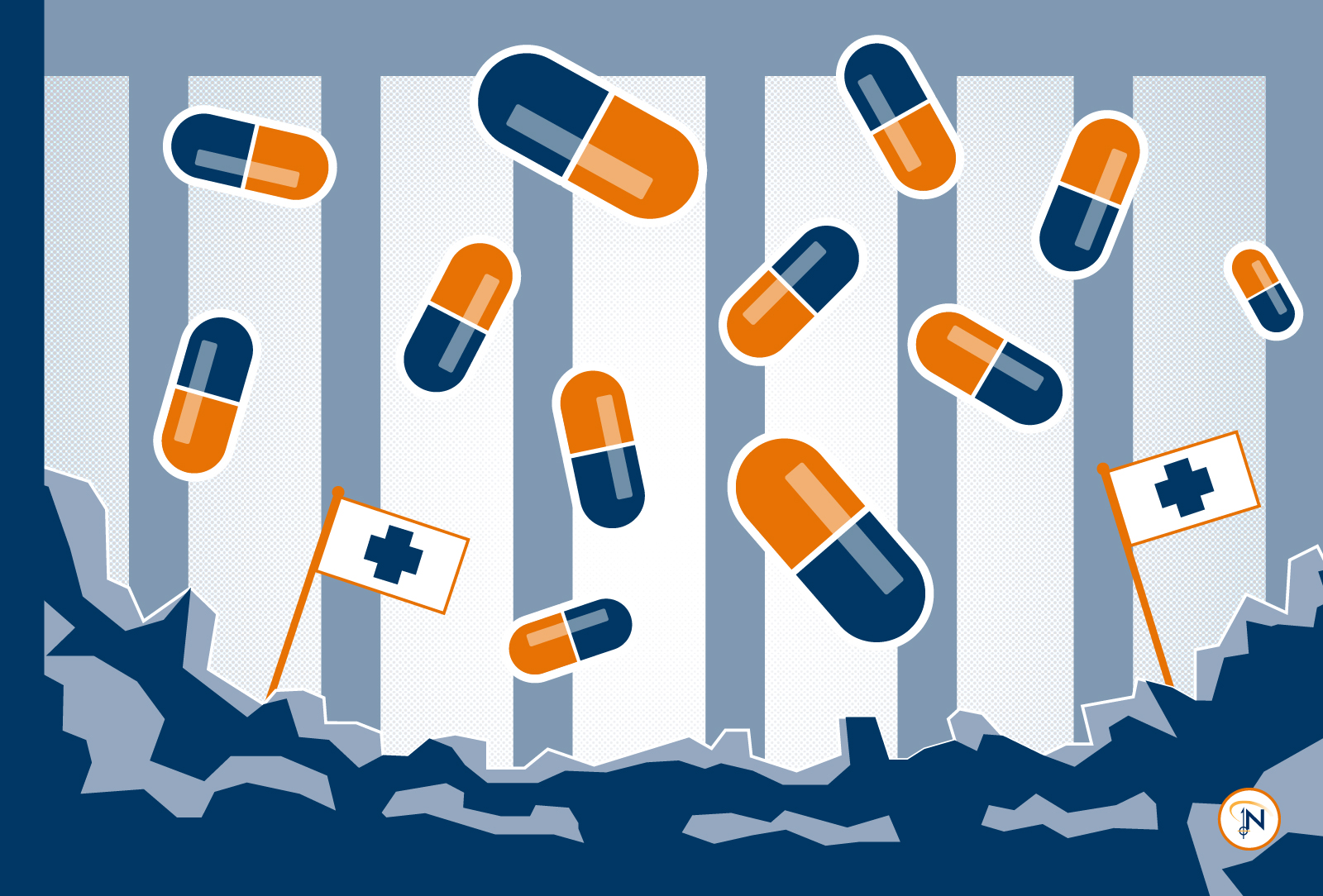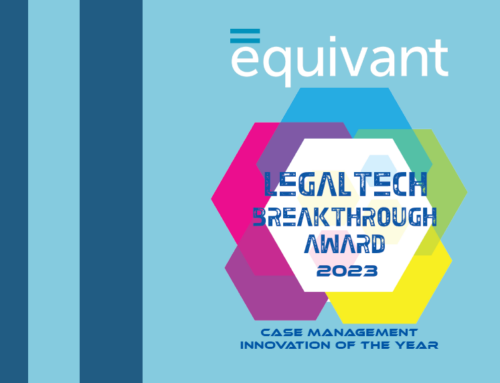Jails: Epicenter of the U.S. Fight Against Addictions
COMPAS Classification • An equivant product

Jails were never supposed to be detox centers. They weren’t designed as treatment providers.
As jails see more and more people suffering from substance abuse disorders walk through the door, we’re facing an uncomfortable reality: We weren’t supposed to, we weren’t designed to, and yet WE ARE a primary change agent in the fight against addiction in our country.
The National Institute on Drug Abuse estimates 65% of jail inmates have a substance use disorder, and another 20% were under the influence of drugs or alcohol at the time of their crime.1
We’ve been working with jails across the country for over three decades, and we’ve seen the shifts and changes over time. There’s no one-size-fits-all solution for jails, but a few things are clear:
- Jails may be the epicenter, but this problem is bigger than jail staff alone can solve. It takes a community effort. Collect all the data you can, and use it to collaborate with local law enforcement, policymakers, civic groups, and other stakeholders.
- Traditional approaches don’t work. Ignoring the issue, forcing detox without support from medical professionals, and failing to acknowledge the elevated support needs of individuals suffering from addiction are all contributing to the problem, not addressing it. Jails and communities need to problem-solve creatively and try new approaches to win this fight.
- The cost is substantial. Approaches that have been proven to be effective such as medication-assisted treatment (MAT) may have high up-front costs both monetarily and in terms of logistical and coordination efforts. Even if the whole community is working together, the shared cost may still be a burden. How to get a new program off the ground is an important conversation to have with all stakeholders.
- This problem is not going away. And few agencies are as well-positioned as jails to address it. It’s up to us to lead this fight.
“It was never traditionally the function of jail to be a treatment provider, nor to be the primary provider of detoxification in the country — which is what they have become,” Andrew Klein, the senior criminal justice research scientist with the company Advocates for Human Potential, told NPR.
The primary provider of detoxification in our country. Like it or not, “supposed to” or not, we’re in this fight, and we can win it if we work together, commit our time and resources, and be open to new approaches and ideas.
Whether you need advice or technological support for your processes and programs, we’re here. Give us a call today.
1 National Institute on Drug Abuse, 2019





